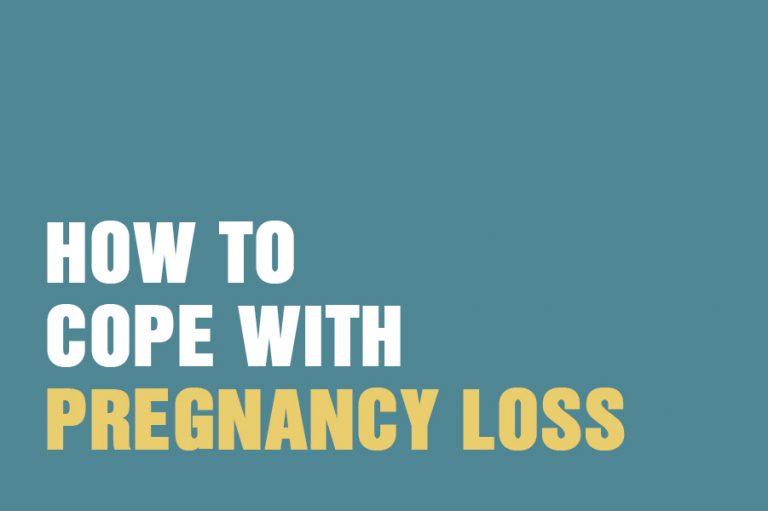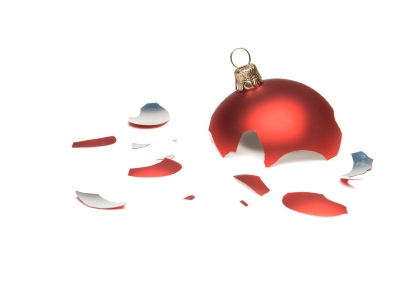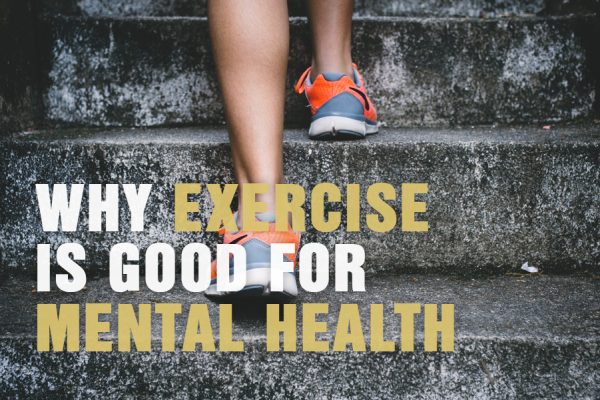The loss of a pregnancy, no matter how many weeks along you are, can be devastating. The unfairness and shock of it all can feel traumatising for the parents, as well as for friends and family.
Miscarriage and neonatal death are unfortunately all too common. It is said that one in four pregnancies can end in miscarriage. And Sands (the stillbirth and neonatal death charity, which has an awareness month in June) says that 15 babies die every day before, during or shortly after birth in the UK.
These are saddening figures. What makes miscarriage and stillbirth so difficult is not just the loss of your precious baby. It’s also the loss of dreams and hopes and a future with your baby and family. Experts also say that miscarriage – especially multiple pregnancy loss – can trigger symptoms of post-traumatic stress. Mothers and fathers can both be affected deeply by the loss.
What compounds the issue of pregnancy loss is that people outside of your close family may not ‘get it’. They may think it’s not a ‘real’ baby and therefore may not be able to give you the support you need. Miscarriage (pregnancy loss before 24 weeks) and stillbirth (loss of a baby after 24 weeks) are still taboo topics to talk about.
Once a few weeks have passed after losing your baby, you may be expected by friends, family and society to have ‘moved on’ and be thinking about a next baby. Yet losing a baby will trigger a grief process that has to be worked through. That process takes its own time, and the pain of your loss may not ever truly go away.
From our work as psychotherapists with people who have lost babies, we can offer these thoughts and suggestions to support you:
Know that each stage of grief will pass
You will initially be in shock, unable to process what has happened. Once the reality starts to sink in, you may feel sadness and/or anger at why you, why your baby? You may start to ponder what ifs, and the shoulds, woulds and coulds. You may just want to be by yourself for a while to come to terms with your loss. Each stage of the grief process can be intense and deep, and may feel as though life will always be like this, but know that each stage will pass.
Surround yourself with support
You will be feeling delicate and vulnerable, especially in the initial stages. Don’t take on too much at this time. Accept support where and when it is offered from the people who truly mean it. This may be a time when you find out who your friends really are. Stay away from the well-meaning people who just say the wrong things, or who perhaps don’t know what to say. You can end up taking care of their feelings around your loss, and you’ve got enough to deal with.
Don’t blame yourself
It can be difficult not to blame yourself, to look back on the weeks of pregnancy and wonder what you could have done differently. There is no blame to attach to your loss.
Stay off social media
After you lose a baby, it can feel as though the whole world around you is pregnant or about to give birth. Your social media feeds may be full of images of growing baby bumps, or smiling mums and dads holding a newborn. This can feel like adding insult to injury. Maybe take a break from social media for a while, until you feel robust enough to face the world again.
Have a memory box
You may have some baby scan photos, or perhaps you had started buying some clothes or toys for your baby. You may have journal entries or articles you read in the early stages of pregnancy. It may help to put all these bits and pieces into a memory box so you have everything together for those times when you want to sit and have a special moment.
Seek professional support
If your loss seems way too hard to cope with on your own, and you would like to seek professional help, then therapy can you support you with this. Talking to someone trained to work with grief and loss can be such a relief when the rest of the world has already turned its back and moved on. A therapist can help you move through the stages of grief and help you feel a little less lonely.
If you’ve been affected by pregnancy loss and would like to talk to one of our therapists, call our Front of House team in confidence on 020 8673 4545. You can also email us on [email protected].







